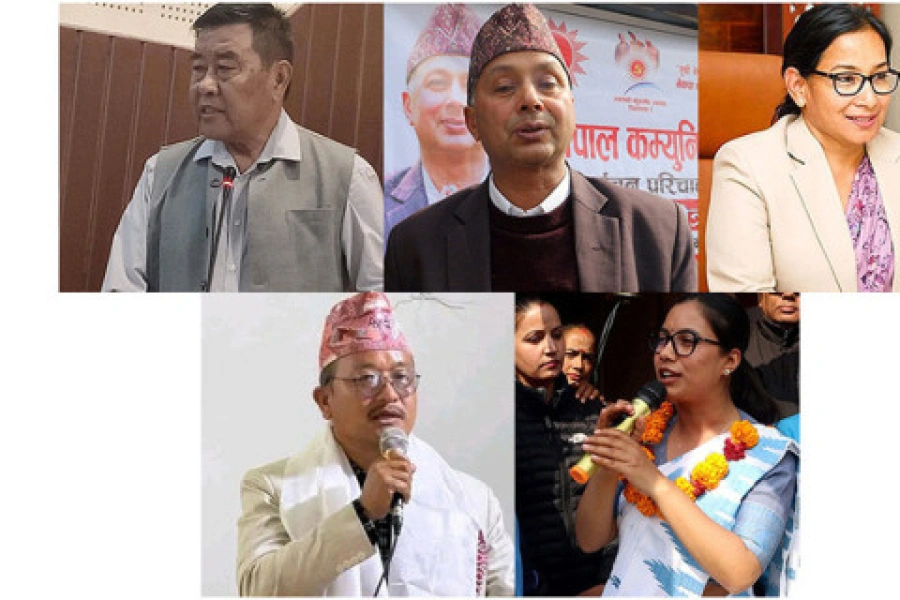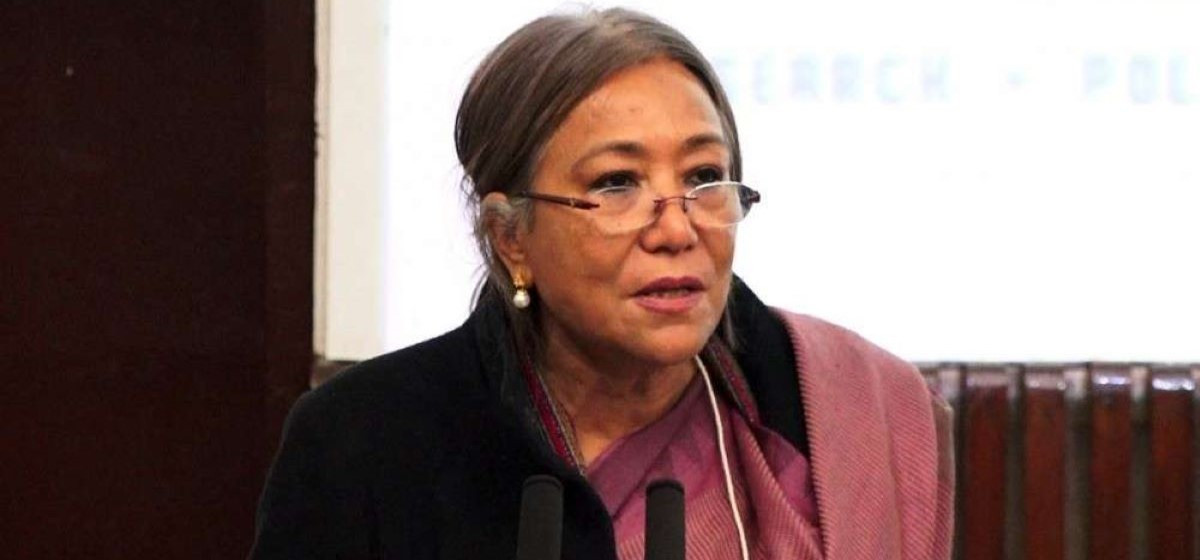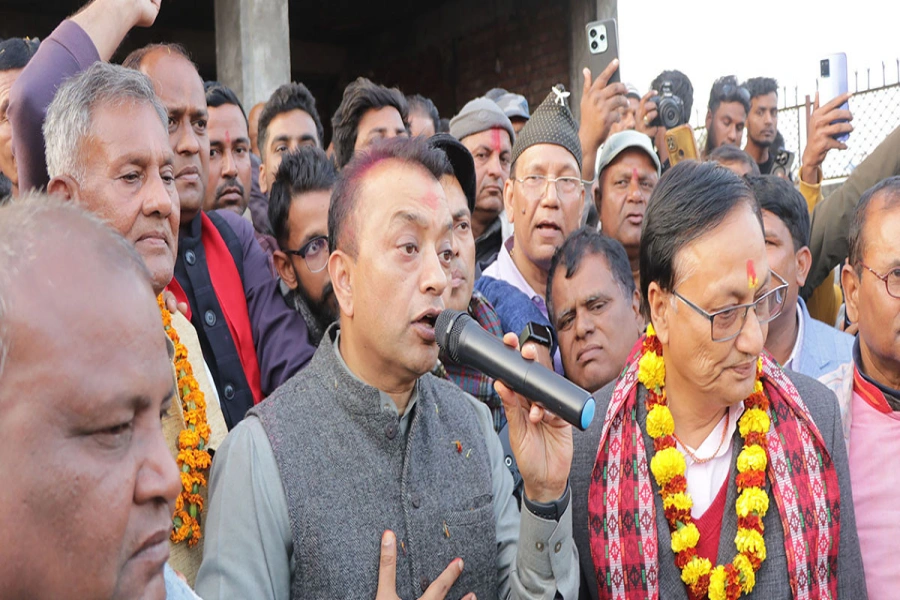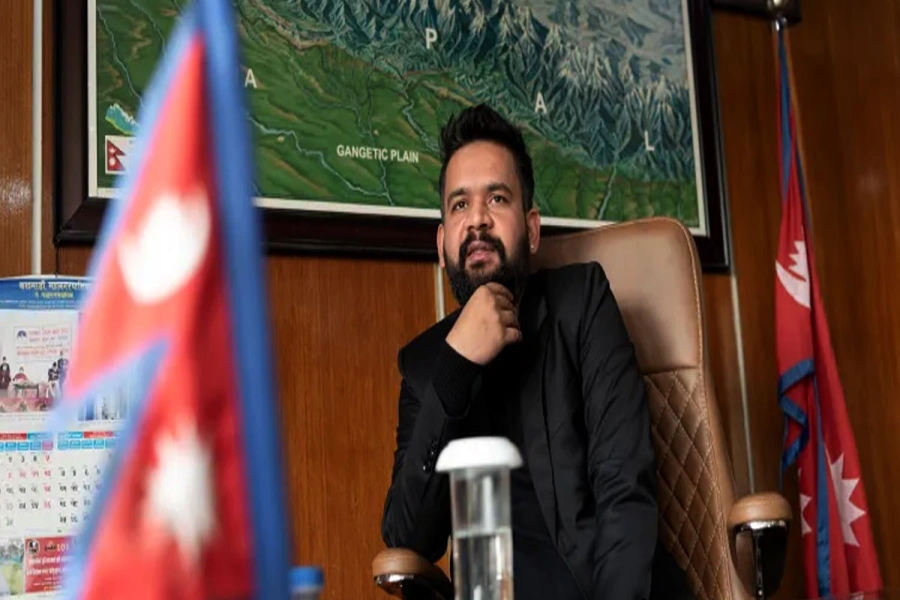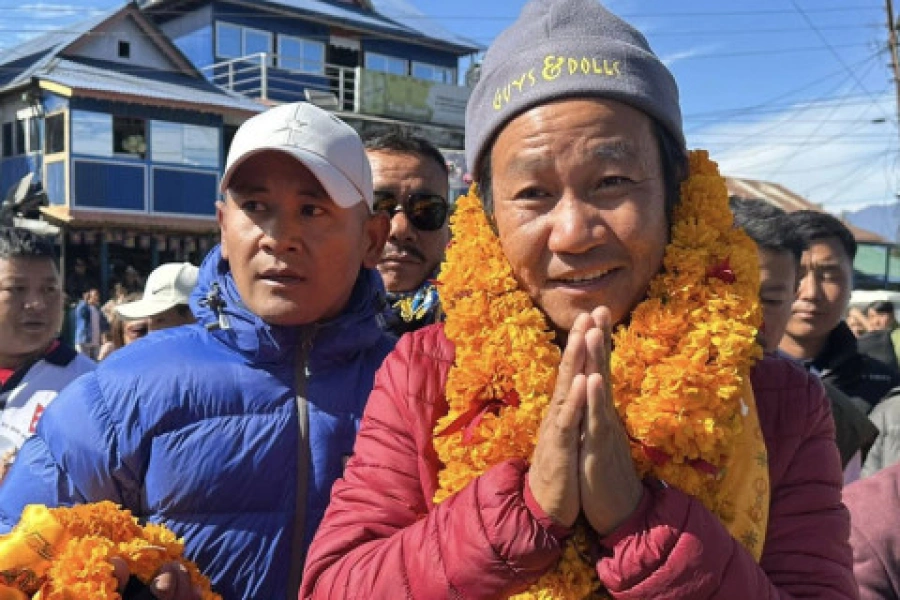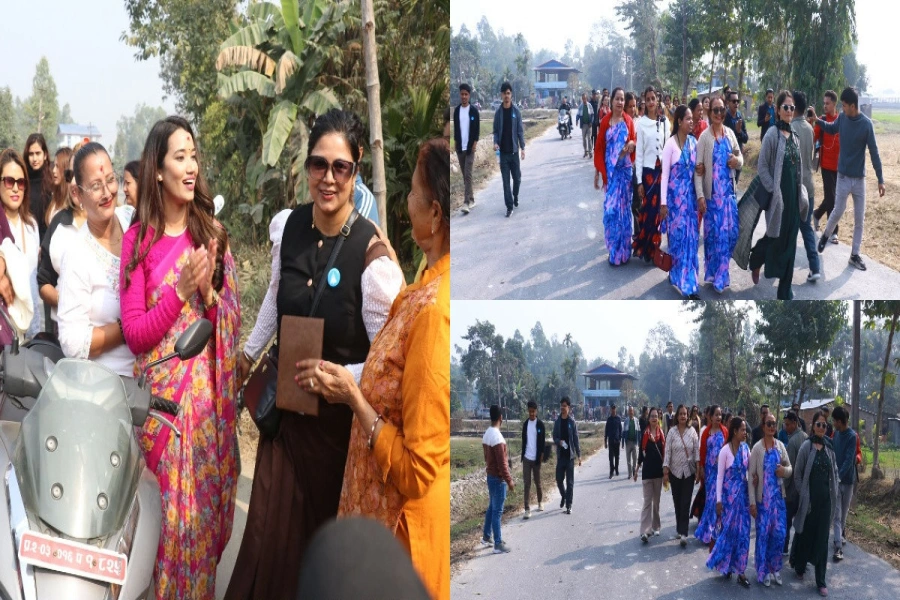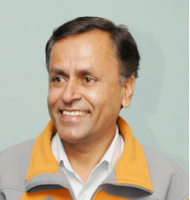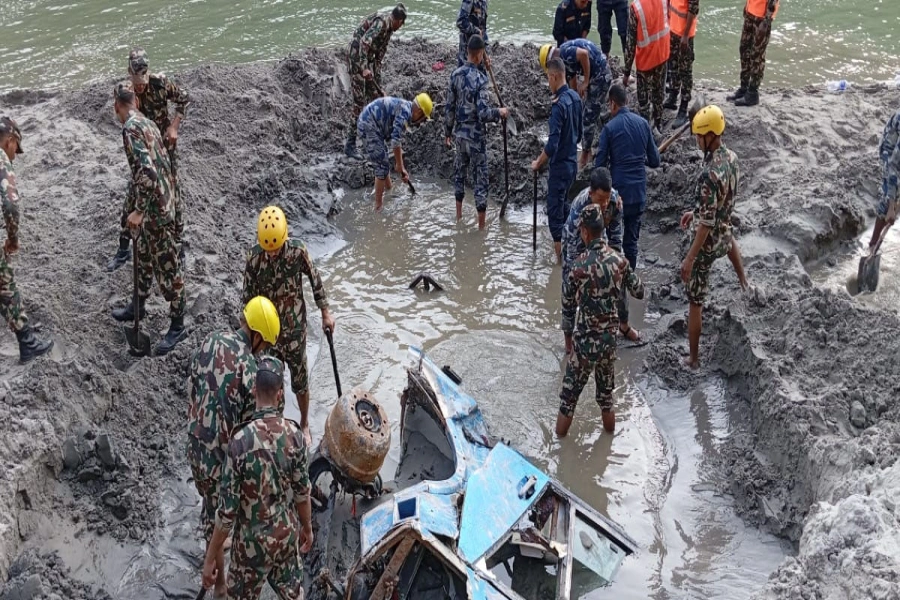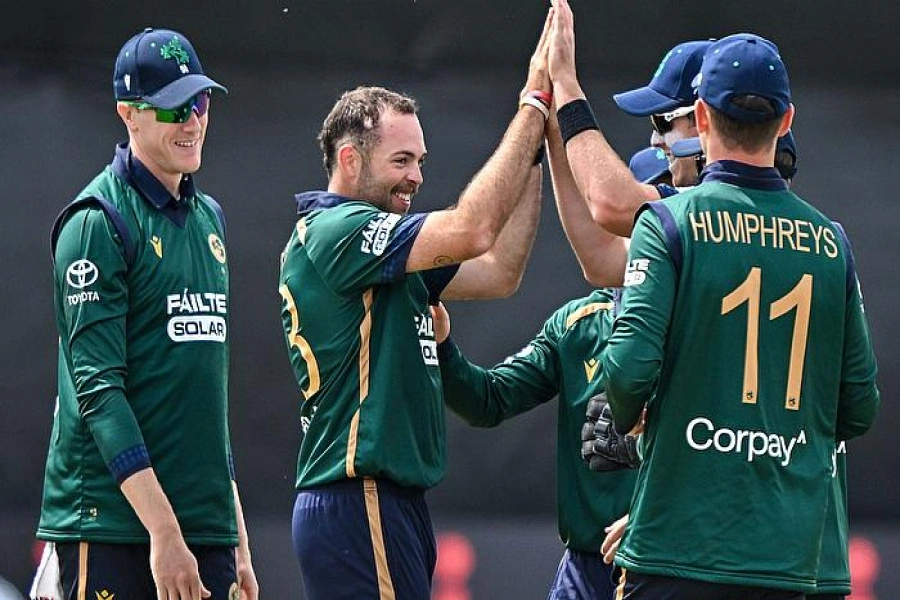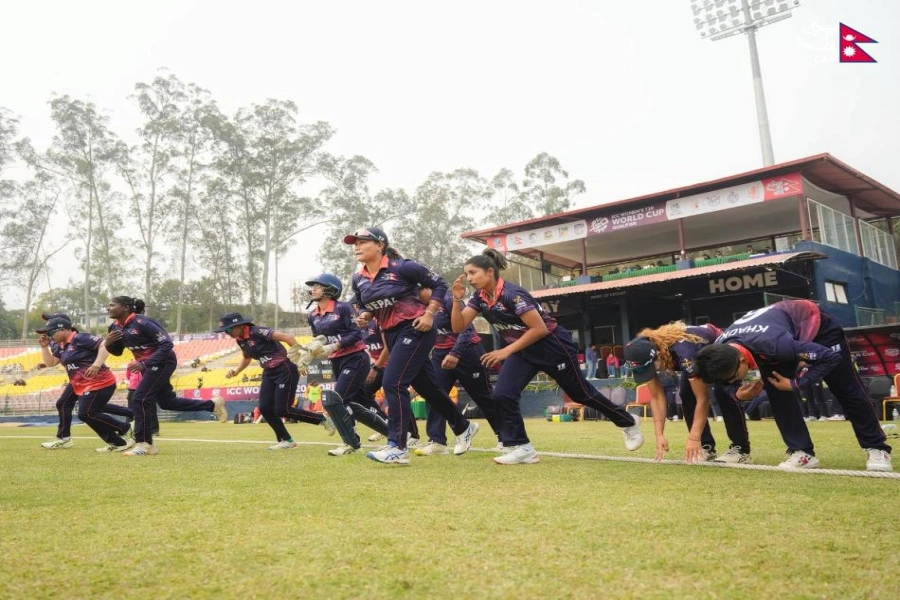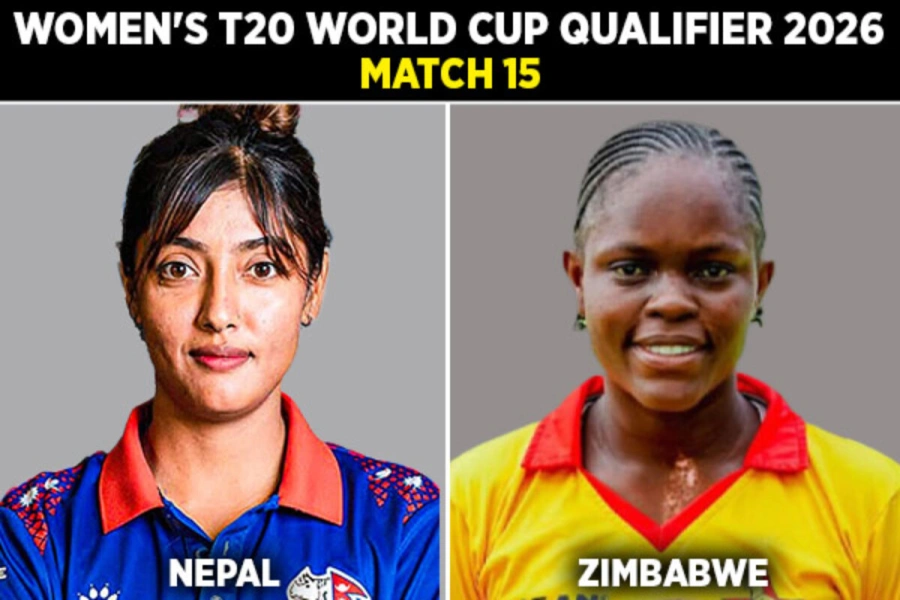Transitional justice has taken up a lot of resources. It cannot be allowed to get derailed into an industry that supports interests of conflict spoilers
Transitional Justice (TJ) is once again hogging the news lines following the run-off-the-mill discussions among the political leaders to agree on the leadership of the bodies constituted to look into war-era cases. But what will the appointment do? Who is the appointment for? Given that TJ remains a delicate thread in the power balance within the corridors of Singha Durbar, it is clear that the appointment will be made to facilitate the existing power structure rather than make it victim-friendly. One needs to examine the nature of engagement of various stakeholders in the process.
Closer examination of the process suggests that the TJ discourse actually centers around those concerned with state powers (including the former Maoist rebels) and has created a protocol which prioritizes the interest of leaders and security agencies over the victims. Recent developments in the TJ processes of Nepal amply indicate that political parties and security agencies are interested in appointing a feeble candidate who doesn’t override their interests. This reinforces that the appointment is political. Engagement with victims remains a lip service. No real effort is made to take up the issues of the victims, especially those who cannot make them heard in the public sphere.
Justice Bhattarai resigns citing incompatibility with Chief Jus...

Bargaining chip
In fact, TJ remains a powerful weapon among the leaders of Nepal to settle scores among themselves. Former Maoist chief and current co-chair of Nepal Communist Party Pushpa Kamal Dahal is often found expressing concern over him being prosecuted for war-era crimes in the International Court of Justice. His political rivals exploit this fear of Dahal and use it as a bargaining chip against him. This fear of Dahal is also shared by Nepali Congress President and former premier Sher Bahadur Deuba, under whom emergency was declared during the war-time.
In fact, a section of the former CPN-UML feels that TJ could be an effective tool to keep both Dahal and Deuba in check as their leadership has very little to fear from the war-era crimes. Apart from Bam Dev Gautam who served as the home minister during the period no major leader of former UML faces any challenge on war-era crimes.
To top it all, the human rights lobby of Nepal is heavily fortified by either sympathizers or members of erstwhile CPN-UML. They also form the core of the rights activists who shape both street movements and the policy discourse on both national and international fronts. These entangled webs of interests and nexus gives former UML leadership including incumbent Prime Minister K P Sharma Oli a leverage and an edge over Dahal and his comrades from the former rebel party.
In addition, security forces of Nepal, especially Nepal Army, also has its own share of jittery feelings concerning the TJ. However, given the increasing economic clout of the institution, it is in a position to influence the political leadership. In fact, the leadership of former UML and the Army has in common the rhetoric of nationalism and national identity. This also creates a comfort zone for the security force. In fact, one-time-foes, the Maoists and the Army, also seem to agree on doing away with any form of inquiry regarding the war-era cases.
Tyranny of ‘experts’
A crucial but often unstated side of the TJ process in Nepal is the role of experts. People claiming to have expertise in peace and conflict including those with legal background are found offering their expertise. But, this actually seems to stymie the process than provide it a momentum. The national experts often seem to wear many hats. The same person can be found providing expertise on governance issues and at another moment also offers advice on reforming political parties. Also they often position themselves as victim-centric arguing that perpetrators need to be punished. Still, what is bizarre is that the same person is also found currying favors from the very leaders s/he claims to be critical of for various public appointments including in the TJ bodies.
A major problem with the experts is that they cannot, and do not, offer dispassionate and non-partisan expertise that helps facilitate the process. Rather, they seem happy to let the show go on in order to milk the situation for them. Situation is no better on the international front. It is hard to believe that both bilateral and multilateral agencies that pitch in support for TJ are not aware of this quandary. TJ has taken up a lot of resources on both national and international front. Hence, it cannot be allowed to get derailed into an industry that supports the interests of conflict spoilers, which experts seem to be turning into.
Wither away victim
The most important actors in the TJ processes are the victims—whether affected by former state forces or former rebels. The tragedy is that they are least prioritized in the entire narrative. The agency capacity of victims remains constrained by the unequal power dynamics that exist as described in the preceding paragraphs. In fact, they are converted into either silent spectators or are glossed over altogether in setting the tenor and the modality of the TJ. Even victims have been divided often at the behest of some powerful actors and have found it difficult to build a common voice. The international community also seems to adopt selective memory when it comes to victims. They remember them only when some seminars or candle light procession have to be organized.
Even those that speak in public sphere actually acquire a differentiated position. Are they actually speaking for all the victims? Are they in a position to articulate their interests? Does their interest remain the same in all these years? More than a decade has passed by and nothing substantive has happened on the TJ front. So, are we conveniently glossing over the real stakeholders? There is a wide discrepancy between what is said and what is actually performed. This mismatch runs the risk of furthering away any hope of justice and compounding the acute agony of the victims.






